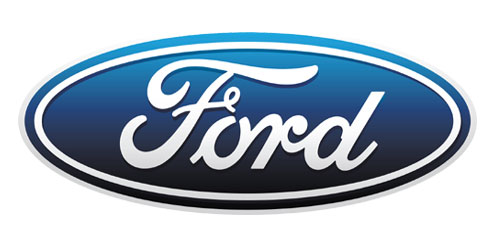
The automotive industry is in the midst of a coordinated attack against California’s lemon law for the simple reason that complying with consumer protection laws and making vehicles safe takes effort and costs money. Rather than make vehicles safer and more emissions efficient by complying with California’s lemon law, automotive industry paid mouthpieces have been publishing article after article attacking consumer protection attorneys, consumers, and California’s lemon law. In those articles the car company talking heads always say the same thing – we try to comply with the lemon law and we always try to buy back lemons, but the mean nasty consumer protection attorneys won’t let us. Simply put, this is a lie. Car companies uniformly take every step they can to avoid compliance with California’s lemon law, and although the law obligates car companies to promptly repurchase or replace defective vehicles within 30 days, car companies rarely if ever do. Most lemon law cases take many months and sometimes years, and not 30 days like the law contemplated.
A great example of the disingenuous nature of car company arguments attacking California’s lemon law can be witnessed in Ford’s recent lemon law loss in a PowerShift case in United States District Court for the Central District of California, Quinteros v. Ford Motor Company. In that case, the Quintero family leased a 2014 Ford Focus that had given them nothing but trouble. As anyone who has had the misfortune of buying or leasing a Ford Focus or Ford Fiesta now knows, Ford built those vehicles with an inherently defective and unsafe PowerShift transmission prone to early and repetitive failure. Sadly Ford escaped lemon law liability on tens of thousands of these vehicles by entering into a class action settlement of questionable worth and value to consumers. That class action settlement required consumers to opt out of the class action by September of 2017. Failure to opt out means for tens of thousands of consumers that California’s lemon law simply no longer applies. The Qujinteros, however, were one of the few consumers who did timely opt out of the class action settlement and thus were able to proceed with their individual lemon law claim. As a reminder, if you ever receive a class action opt out notice relating to your vehicle, contact a lemon law attorney for an evaluation before the opt out deadline passes.
During the Quinteros trial former Ford engineer Anthony Micale testified that Fiesta and Focus transmissions have issues with leaking fluid, causing the cars to buck and jerk while driving and transmissions to fail. The PowerShift transmission, which is essentially two manual transmissions combined and controlled by a computer to make it more fuel-efficient, has had these safety issues in certain Ford Fiestas and Focuses, Micale said. Ford knew about the problems but continued selling the vehicles, including the Ford Focus that the Quinteros leased in 2014. The jury agreed that the Quinteros’ Focus was a lemon and awarded them $7,718 in damages and imposed civil penalties against Ford of $15,437. In sum, the jury saw what everyone else saw, Ford sold a lemon and then willfully refused its obligation under California’s lemon law. This is what most car companies do when they sell a lemon – they refuse to buy it back knowingly and intentionally. What Ford did next is shocking.
Rather than buy back the vehicle and pay the Quinteros as the jury ordered, Ford attacked the validity of the entire trial and is trying to blame its loss on the Quinteros and their attorneys. It should be noted that the Quinteros have been waging their lemon law fight for years, and even after winning Ford still is throwing up roadblocks to justice. The tactic utilized by Ford in this case – to lose at trial and then seek a new trial – is emblematic of the auto industry’s stubborn refusal to comply with California’s lemon law. And now rather than comply with the law the auto industry is paying folks to speak out against the lemon law in a coordinated effort to weaken its protections for consumers.
If you are concerned about the automotive industry attacks on California’s lemon law like we are, we implore you to contact your California state representative and state senator and ask that he or she protect California’s lemon law from these baseless auto industry attacks. You can find your state representative and state senator contact information here. Even a simple phone call or e-mail will help. Consider saying something like this: Protect California’s lemon law, the Song-Beverly Consumer Warranty Act, from auto industry attacks and protect California consumers. Do not weaken California’s lemon law because it is there to help and make our roads more safe and our environment less polluted.



Write a comment: